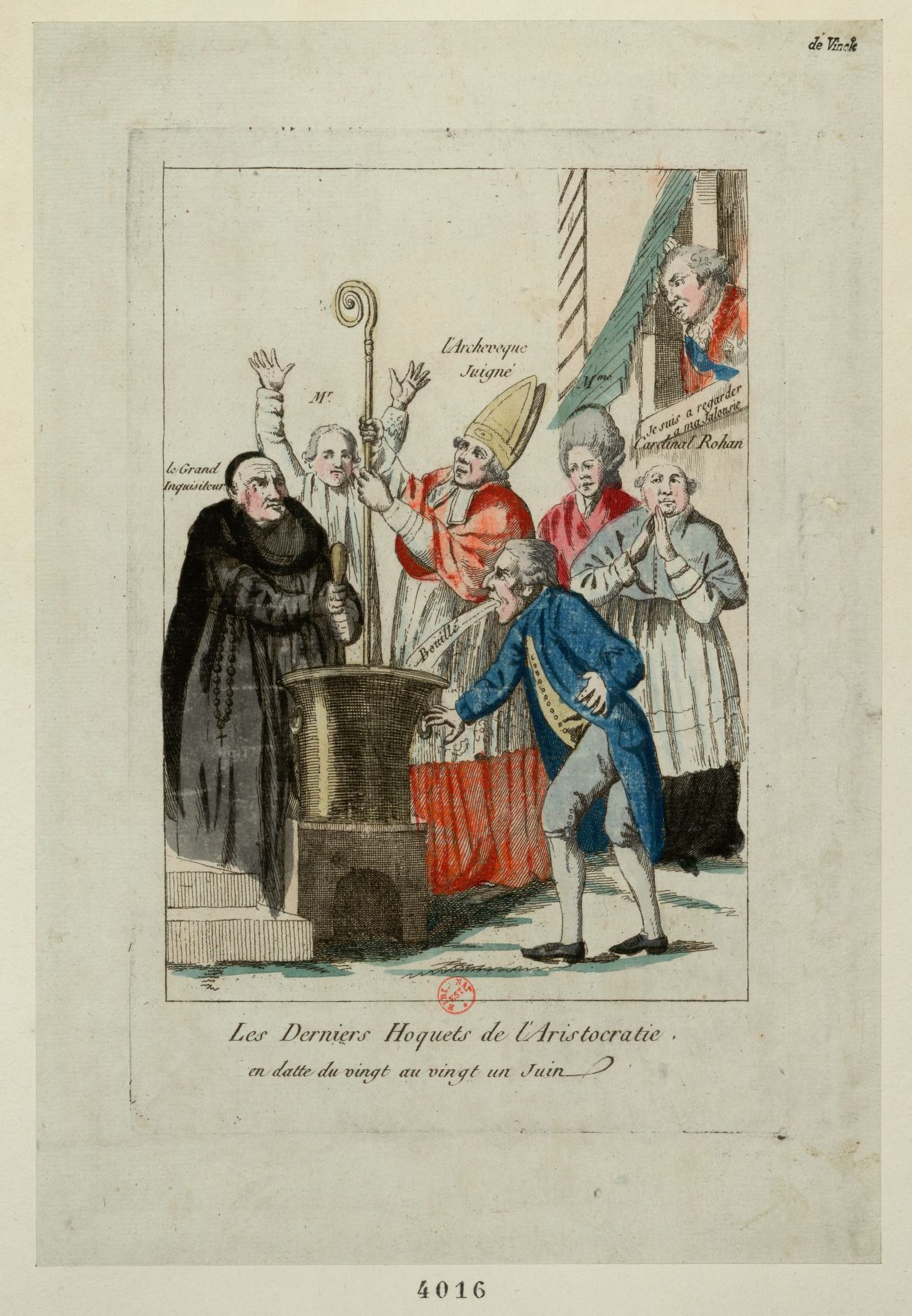Just Because You're Paranoid Doesn't Mean They Aren't Out to Get You: Conspiracy and Truth in the Early Modern West

Just Because You're Paranoid Doesn't Mean They Aren't Out to Get You: Conspiracy and Truth in the Early Modern West
Please join the Nathan and Jeanette Miller Center for Historical Studies for an afternoon lecture. Light refreshments will be provided.
This lecture is part of the Miller Center's 2019-2020 Truth and History Series.
In common parlance, labeling any theory of events “conspiratorial” in nature makes it seem dubious at best, paranoid at worst. Yet we know that early modern European history was not only filled with conspiracies, but also that it was routine politics to accuse one’s enemies of hatching them, which hardly makes belief in their existence compelling evidence of paranoia. To historians, this phenomenon presents many interpretive problems, most obviously whether the available evidence confirms the existence of conspiracies and how much credence should be attached to accusations of having participated in them. But then what, exactly is a “conspiracy,” and how much are they products of the imaginations of those who believe in them? What sorts of evidence can be used to resolve this question? Did conspiratorial accusations arise in early modern Europe for want of “scientific” thinking? Were nations like Britain with greater freedom of the press less inclined to believe in conspiracies? And has the development of modern social
science really made belief in them obsolete?
Dr. Thomas Kaiser is Professor of History Emeritus at the University of Arkansas at Little Rock and Senior Lecturer in History at the University of Maryland. He received his Ph.D. from Harvard University in 1976 and specializes in the history of eighteenth-century France. The recipient of fellowships from the National Endowment for the Humanities, the National Humanities Center, the American Philosophical Society, and other scholarly organizations, he has published and co-edited numerous articles and books, among them "Conspiracy in the French Revolution" (2007). His current project is a book-length study provisionally entitled "Marie-Antoinette and the Austrian Plot (1748-1794)," which examines the real and imagined conspiracy to subvert France in the interests of Austria during the late Old Regime and French Revolution.

